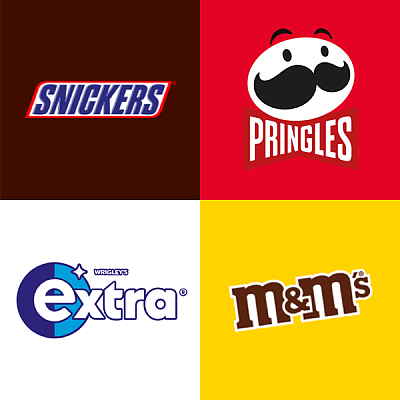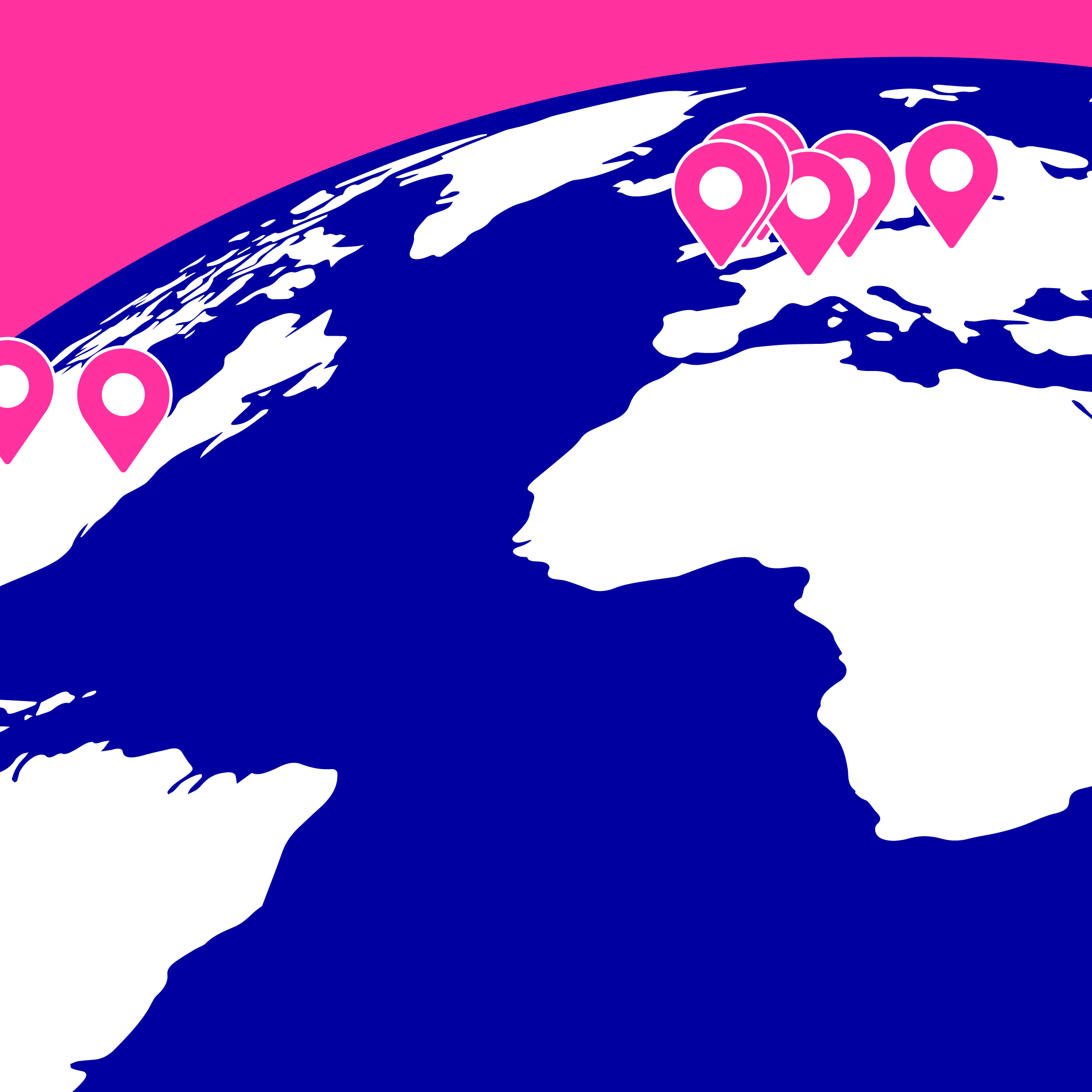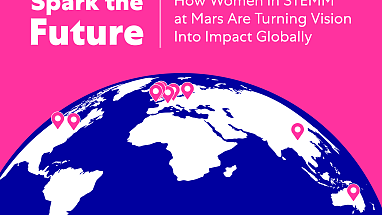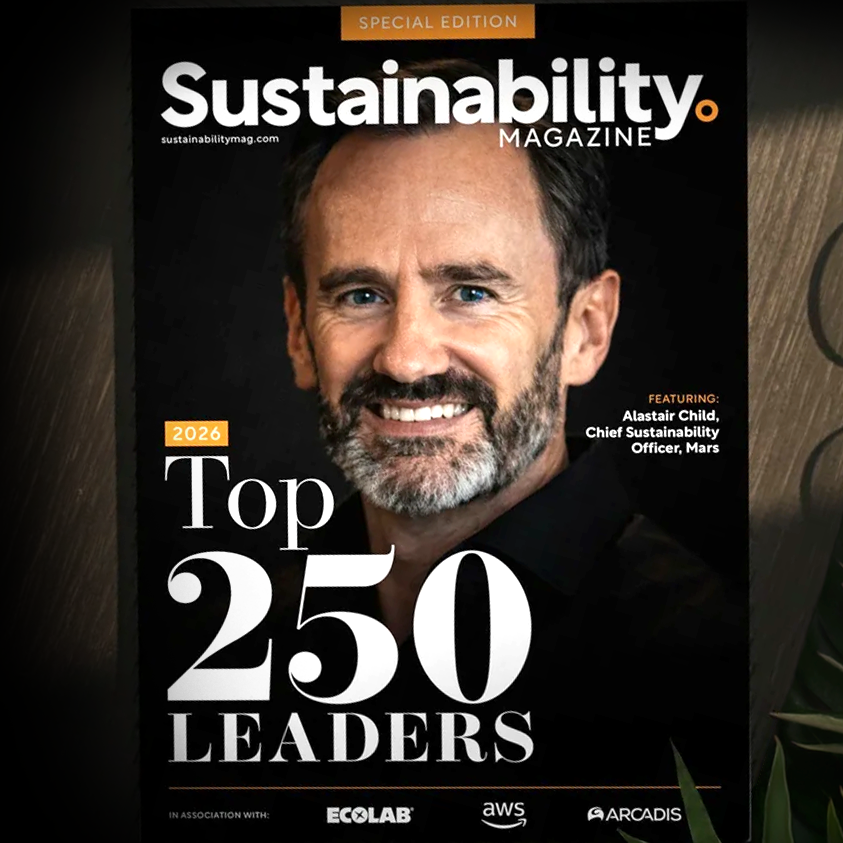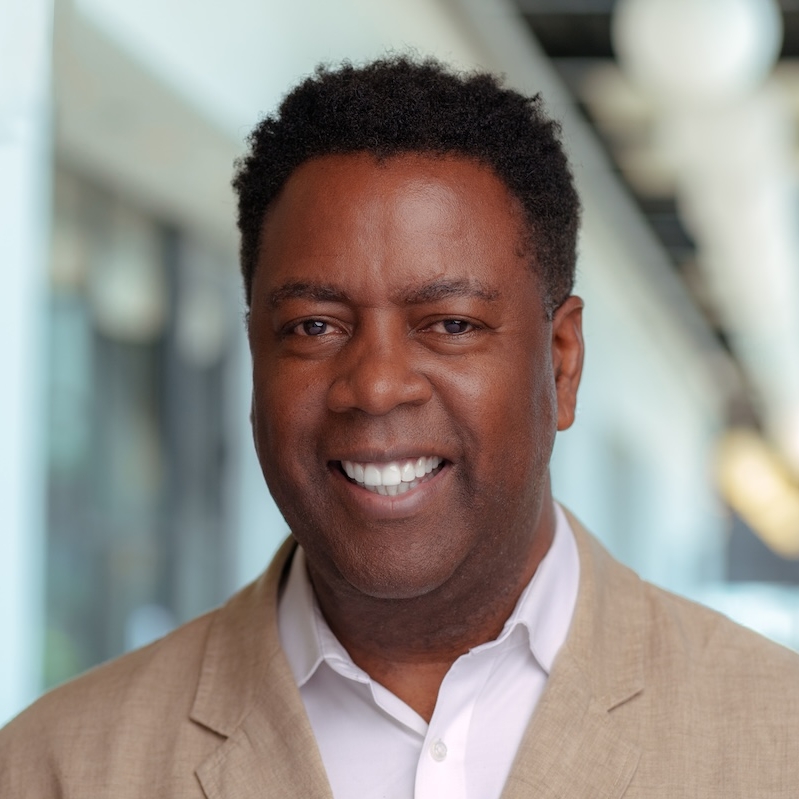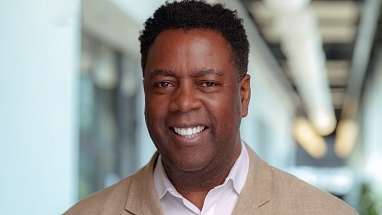Across the world, of the 10 Mars manufacturing plants identified as most in need for urgent water action, half are in Mexico.
Due to drought, fires, industry growth and other climate changes, much of the country is suffering water stress. In the world we want tomorrow, the planet is healthy – so our global sustainability leaders stepped in last year to set up 2025 water balance targets for our most water-challenged factories.
How does water balance work?
There are three critical steps in our water balance plan:
- Advancing water-stewardship programs to improve water efficiency
- Achieving water circularity by ensuring treated wastewater is discharged in a way that reduces stress in watersheds and prevents negative impact on the local water cycle
- Working collaboratively to balance remaining residual water use by funding water conservation projects in each site’s water catchment
It’s a two-fold effort. Internally, plants invest capital to purchase improved technology and engage manufacturing teams to better optimize water use. Outside the plant, we are working with non-governmental groups to fund different projects focused on environmental water solutions.
Success we’ve seen so far
In Querétaro, our sustainability team did a water assessment and realized if we recover, re-clean and redirect water from our water treatment plant to our boilers and toilets (instead of discharging it), we can get a second usage. The operation reduces internal consumption of fresh water, saves money and adds to the balance.
It’s hard to reduce water use within our products – wet pet food must have its gravy of course – but technology can help us in other areas of production. For example, higher pressure cleaning tools now in use in our facilities consume much less water for successful wash ups.
External projects we’re supporting
- With Fondo de Agua Ambiental Metropolitano de Monterrey(Opens a new window), our SCA and MTM sites plus our Mars Wrigley factories in the area are funding projects on reforestation and soil recovery to improve the water cycle. More trees decrease heat and cleaner soil helps water retention, which reduces forest fires and city heat.
- Cauce Bajío(Opens a new window) Fondo de Agua de Guanajuato joined efforts with QRO, TOT and GDL sites to focus on agricultural water issues including technical assistance to landowners in leveling the land to avoid run-off and more efficient water utilization methods to diminish their current consumption.
- Mars GDL site has joined several beverage corporations like Tequila Patron to support Charco Bendito(Opens a new window), a project promoting the restoration of forests and waterways in Tlajomulco de Zuniga, Jalisco. They help educate communities on home water usage and keeping the waterways cleaner.
What’s next?
Once we reach water balance in a site, the success factors continue indefinitely. We look forward to continuing to watch the trickle down of these efforts.


